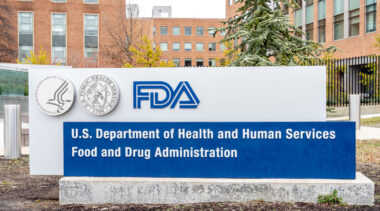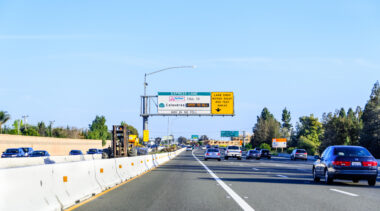Policy Briefs
View all policy studies.-
How drug decriminalization affects policing
With the diminished capacity and incentive to pursue drug possession arrests, police can redirect resources toward crimes with victims, crime prevention, and public safety.
-
Best practices for pension debt amortization
Amortization policy is at the core of the successful elimination of pension debt.
-
Best practices in hybrid retirement plan design
The recent shift toward offering hybrid plans to newly hired government employees suggests that governmental employers may be changing their perceptions of the balance of financial risk between employees and employers.
-
Modernizing the passenger facility charge to improve aviation
Modernizing the passenger facility charge would improve airports and increase airline competition.
-
The impact of cash flow on public pensions
This policy brief uses the Montana Public Employee Retirement System (PERS) as a case study to illustrate the principles and importance of conducting a cash flow analysis of public pension plans.
-
How to reform the FDA
Reimagining pharmaceutical regulation, so it better serves society’s needs by encouraging widespread availability of life-saving drugs at lower prices.
-
Best practices for cost-of-living adjustment designs in public pension systems
Striking the proper balance between cost, risk, and benefits in a way that works for both employees and employers.
-
Converting high occupancy vehicle lanes to high occupancy toll lanes or express toll lanes
This brief examines why and how high-occupancy vehicle lanes are converted, how much the conversions cost, and how high-occupancy toll and express toll lanes have performed.
-
How Washington state can transition from the gas tax to road usage charges
This brief suggests a policy framework for developing a road usage charge program in Washington and an implementation order that builds on systems already in place on the state’s major highways.








